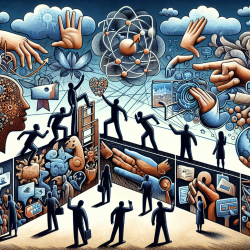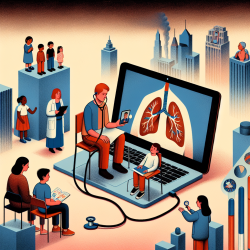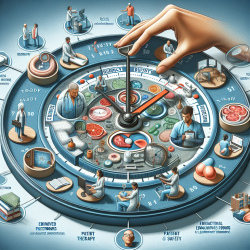Introduction
In the realm of addiction treatment, socio-cultural factors play a pivotal role in shaping the success of interventions. The research article titled Identification of the socio-cultural barriers of drug addiction treatment in Iran sheds light on these critical elements. By understanding these barriers, practitioners can enhance their approach to therapy, ensuring better outcomes for individuals struggling with addiction.
Key Findings from the Research
The study identifies several socio-cultural barriers that impede effective addiction treatment in Iran:
- Unrealistic Expectations: Families and society often have unrealistic expectations from individuals undergoing treatment, which can hinder the recovery process.
- Addiction Stigma: Stigmatization of addiction and those seeking treatment remains a significant barrier, affecting individuals' willingness to seek help.
- Mistrust: There is a prevalent mistrust between various components of the treatment system, including between patients and providers.
- Perceived Inefficiency: Professional substance use disorder treatment is often perceived as inefficient, leading to low uptake.
- Cultural and Religious Influences: The intertwining of treatment with ethical and religious principles affects acceptance and adherence to treatment plans.
Implications for Practitioners
Practitioners can leverage these insights to improve their therapeutic approaches:
- Cultural Sensitivity: Understanding and respecting cultural and religious contexts can enhance therapeutic alliances and improve treatment adherence.
- Building Trust: Establishing trust with clients and their families is crucial. This involves transparent communication and demonstrating the efficacy of treatment plans.
- Addressing Stigma: Practitioners should actively work to reduce stigma by educating families and communities about addiction as a medical condition, not a moral failing.
- Setting Realistic Expectations: Educating families about the recovery process and setting realistic goals can alleviate pressure on individuals undergoing treatment.
Encouraging Further Research
While this study provides valuable insights, it also highlights the need for further research into culturally adapted treatment models. Practitioners are encouraged to engage in or support research efforts that explore innovative approaches to overcoming socio-cultural barriers in addiction treatment.
To read the original research paper, please follow this link: Identification of the socio-cultural barriers of drug addiction treatment in Iran.










